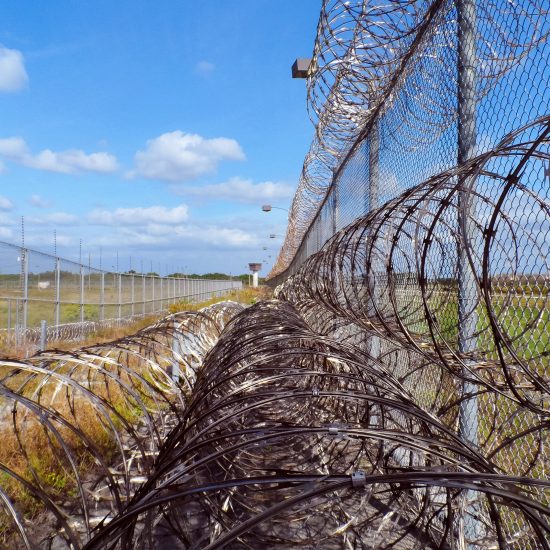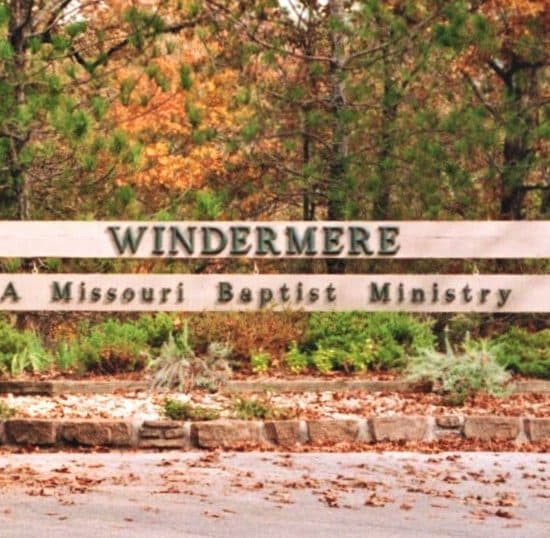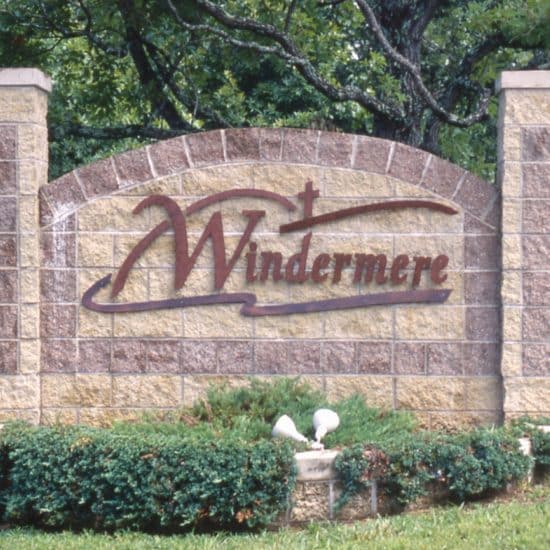Jefferson City — Cole County Circuit Court Judge Thomas Brown issued a temporary restraining order (TRO) against Windermere Baptist Conference Center after a hearing on Dec. 19.
The temporary restraining order prohibits Windermere's trustees and corporate officers from selling, mortgaging or encumbering the center's real estate.
The order also restricts Windermere from using any credit that is secured with its real estate. The center's officials would not be allowed to buy or sell bonds that are tied to Windermere's real estate.
A hearing on a preliminary injunction to restrict Windermere's use of its assets is set for 9 a.m. on Jan. 4, 2006.
At their regular session on Nov. 17, Windermere trustees announced the center had been able to refinance indebtedness from $21 million to $14 million. Although they did not release specific information about the restructuring plan, chairman Arthur Mallory said the new loan includes a bond sale.
The Missouri Baptist Convention filed the motion for the temporary restraining order after learning that Windermere officials had transferred title to 1,000 acres in a special warranty deed on Nov. 11 and that Windermere entered a bond program with Reliance Trust in Georgia on Nov. 2.
On Dec. 19, MBC lead attorney Michael Whitehead argued that the convention's interests need to be protected until the court determines who controls Windermere and its assets.
The MBC has been locked in a legal battle since it filed suit against Windermere, Word&Way, The Baptist Home, Missouri Baptist University and the Missouri Baptist Foundation on Aug. 13, 2002.
In 2000, The Baptist Home changed its charter to allow board members to elect the Home's trustees themselves. The other four entities changed their charters in 2001. Before the charter changes, messengers to each MBC annual meeting elected the institutions' trustees.
Windermere attorney Jim Shoemake responded that the center had an $8 million debt at the time the convention deeded the property to the newly formed entity. Messengers to the 1999 annual meeting approved making Windermere and Word&Way separate corporations.
Officers and trustees have the right to act in the best interest of the corporation, Shoemake added.
Windermere attorney Kurt Oldenwald asked Judge Brown to put the center's actions into "proper perspective." Windermere officials took action to consolidate its loan and to build. The money is being used to establish and maintain the property.
Oldenwald explained that the 1,000 acres conveyed in the special warranty deed is valued at $6.5 million. That acreage had not been developed and is not suitable for development, he added.
Although Oldenwald had not compared values from previous years, he added he believed the value of Windermere's capital assets has risen because of the added value of development on the remaining property.
Windermere attorneys argued that granting the order could be construed as "an indictment of mismanagement" by center officials.
"The TRO is not an indictment of anybody, but just to maintain the status quo," Judge Brown said.
Windermere's finances dipped when a funding plan for the center's latest development, Wilderness Creek, fell through in 2002, after construction had already begun. The center was able to secure financing for Phase 1 of the project in August 2003.
The delay hampered projected facility use and projected budgets in 2003 and 2004.
Windermere's long-term master plan, originally designed in the early 1990s, calls for selective development by private companies. (12-20-05)





